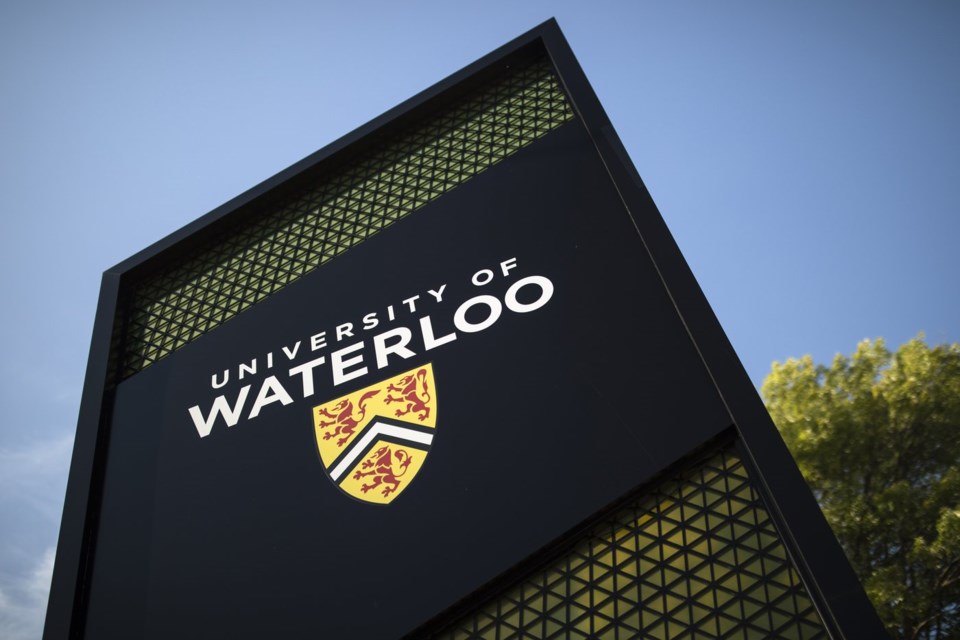The University of Waterloo has launched a lawsuit against the participants of a pro-Palestinian protest encampment on campus, alleging the demonstration has harmed the school's reputation and damaged its property.
In a statement of claim filed last week, the university says it is seeking $1.5 million in damages for property repairs, operational disruptions, diminished property values and reputational harm stemming from the encampment that began on May 13.
The school alleges the protesters "engaged in deliberate actions aimed at damaging the university, its property, reputation, and goodwill in the community," including demonstrations, misinformation campaigns, graffiti and intimidation of students and staff near the site.
"This concerted effort to disrupt university operations, leadership, and financial stability was intended to, and did, inflict harm, affecting the university’s ability to function effectively and maintain its standing in the academic community."
The allegations have not been tested in court.
The lawsuit names several individual protesters it says have identified themselves as representatives of the encampment, as well as unidentified people involved in the demonstration.
The university is also seeking an order to dismantle the encampment and allow police to arrest and remove people who refuse to leave.
Protesters denounced the lawsuit on social media, calling it an attempt to intimidate students with the possibility of hefty fines they cannot afford.
"This legal action targets disenfranchised students, many of whom are already grieving the loss of loved ones in Gaza," the statement said.
"The university's intimidation tactics and exorbitant lawsuits will not succeed in stifling the students' right to freedom of expression, or their determination to fight for justice."
The Canadian Association of University Teachers also expressed alarm at the university's efforts to get rid of the encampment.
“The administration’s actions are a heavy-handed attempt to intimidate students who are supporting the encampment,” said David Robinson, the association's executive director.
“The university should be treading very carefully and with utmost restraint when it comes to matters of peaceful assembly and freedom of expression. Universities and colleges must never restrict these rights unless there is clear and demonstrable evidence that a protest presents an imminent danger to people, serious violations of the law, or an impediment to essential operations.”
The university denied allegations it is seeking to suppress dissent.
“The goal of this legal action is to bring an end to the encampment on the University’s campus – its primary objective is not about damages or punishing those on grad house green," it said in a statement.
The school has previously issued two trespass notices to the encampment participants.
Several other universities have taken legal action to try to remove protest encampments on campus, but the protesters said they believe the lawsuit is the first of its kind at a Canadian university.
Earlier this week, an Ontario judge granted the University of Toronto an injunction against an encampment on its downtown campus, ordering protesters to clear the site by Wednesday evening.
Demonstrators took down the tents and left the site before the deadline but vowed to continue protesting in other ways.
This report by The Canadian Press was first published July 4, 2024.
Paola Loriggio, The Canadian Press




